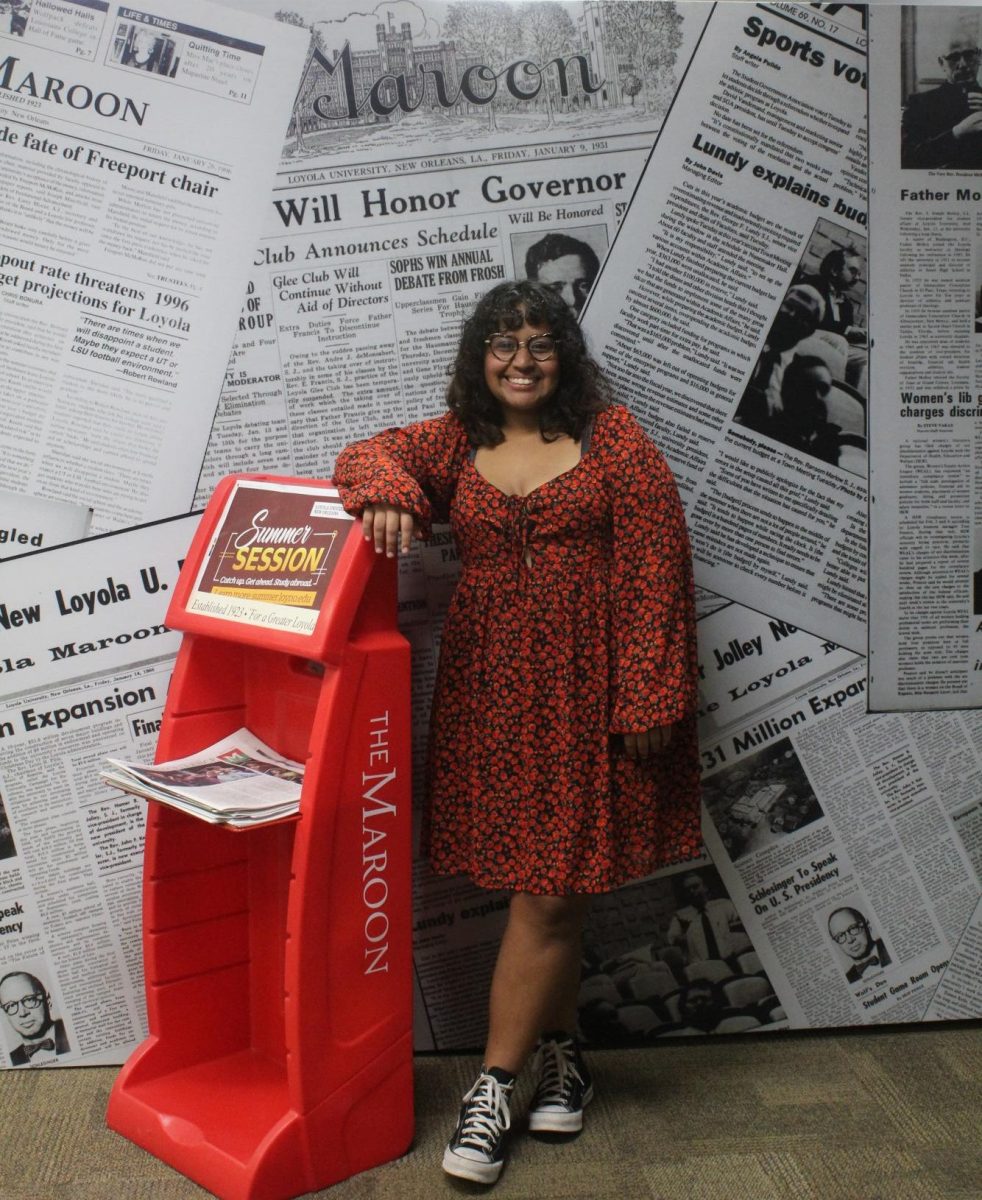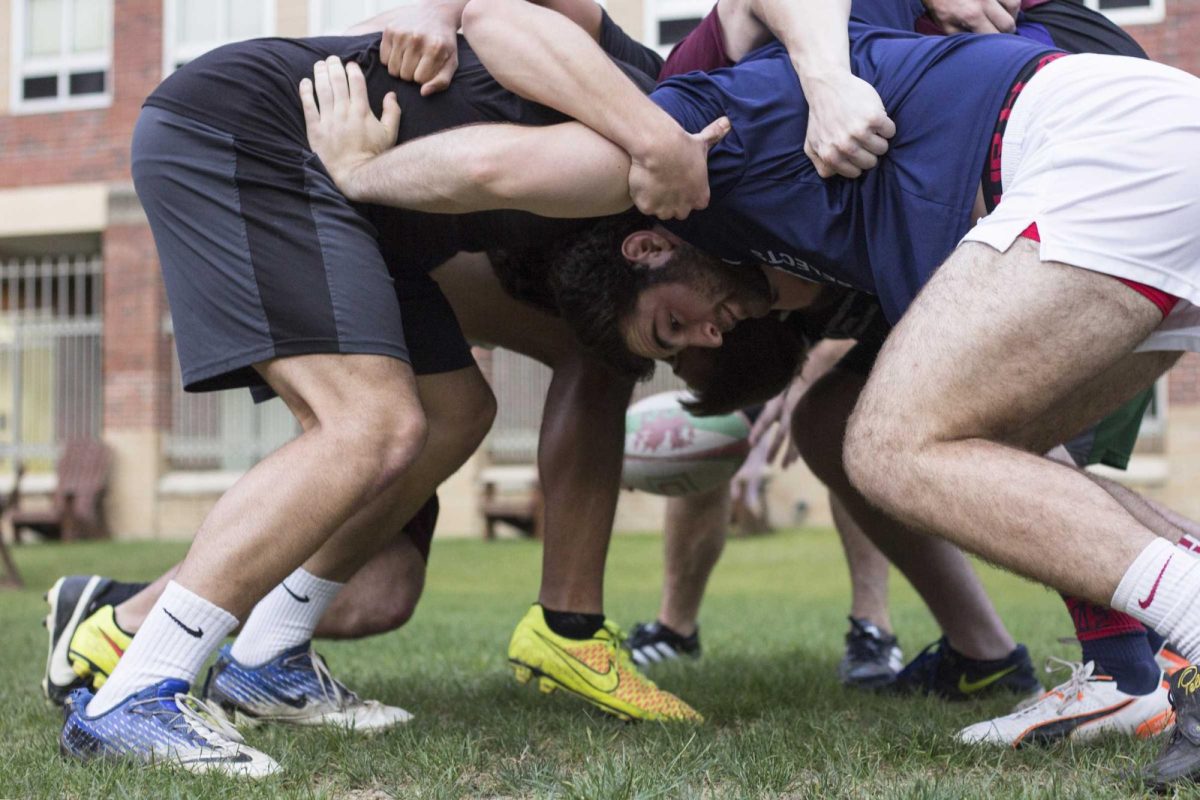Our nation is in crisis. Our universities are churning out graduates at record pace, but nobody knows if there will be jobs for these graduates, or if the degrees of the graduates will be applicable to the few jobs available. The Associated Press recently reported that 53.6 percent of college graduates under 25 are jobless or working a job that does not require a college degree. The problem is complex and has much to do with the recent recession and the ever-changing workplace, but we have an important tool to combat this problem: a liberal arts education.
A liberal arts education entails courses in a variety of disciplines such as philosophy, religious studies and history in addition to classes in an area of specialty. At its best, a liberal arts education has the potential to greatly enrich many students’ lives by encouraging critical thinking and passionate debate about the issues that face our world today. It can also enrich and inspire professors’ lives when students bring fresh ideas and energy to discussions in class. At its worst, however, these classes simply become a chore for students, studied for in an Adderall binge solely to pass the course they need to graduate.
As a three-year member of the honors program at Loyola New Orleans, I have been able to experience an unusual liberal arts system. Rather than normal classes, the honors program uses seminar format classes on a specific topic within a broad subject such as philosophy or religious studies. Many of the classes have never been taught before, so the students don’t know what they are getting into, but are intrigued by the name and description of a course. Multiple times I have seen this intrigue and interest in a course crushed due to a professor who lectures the entire period without engaging the class at all. However, I have also seen entire classes excited and engaged so intensely that it was difficult to maintain an orderly debate.
The difference in class engagement was caused by enlightened, gifted, committed professors and a discussion-based learning environment. Among these classes: a religion/ Latin American Studies course which examined the many sides of our country’s immigration problems and asked students to apply Catholic social values and create solutions for them; a philosophy class which encouraged students to question why they as humans organize into political societies and governments, what natural rights they should maintain and what an ideal government should look like; and a religion course which explained how centuries of translation of the bible has led to the distortion of many passages by the modern media and challenged students to find the true meaning and intent of the bible. These non-traditional classes were extremely valuable, exposing students to ideas they had never contemplated before and forcing them to think about their lives and their connection with the world around them. Loyola should consider incorporating some of the most successful honors courses into the general common curriculum, as well as creating more classes like them.
Perhaps we can do more than make the classes more valuable. What if we made all students complete one or two years of common curriculum before declaring a major? For me, the common curriculum classes led to a new passion and the addition of a second major, along with confirming my career choice of the medical profession (although not until my junior year). I see too many classmates who are in pre-health or pre-law because they are smart, in business because common perception says that’s where the most jobs are, etc.: people studying disciplines for the wrong reasons. A system that forces students to take classes before they commit to a major would allow them to gain life experience in their first years away from home and think critically about their lives before committing to a career they won’t enjoy, or one that might not even exist in a few years.
This system probably won’t be applied any time soon, but we can still strive for the goal of enlightened and independently thinking graduates. So I call on students: constantly re-examine your career paths so that you know you are studying your subject because you are passionate about it and believe you can influence the world positively. Think about the world, soak up the knowledge professors have to offer, and share your ideas with other students in and out of class. Professors: build a learning environment that is not simply a one-way transfer of ideas from you to your students, but an open exchange of ideas among students and professors. This is how we can build graduates that will be passionate about learning, knowledgeable about the world and ready to adapt to the changing world, or, better yet, create positive change within it.
Jordan Harbaugh Williams is a biological science senior and can be reached at [email protected]
In My Opinion is a regular column open to all Loyola students. Those interested in contributing can contact [email protected]











